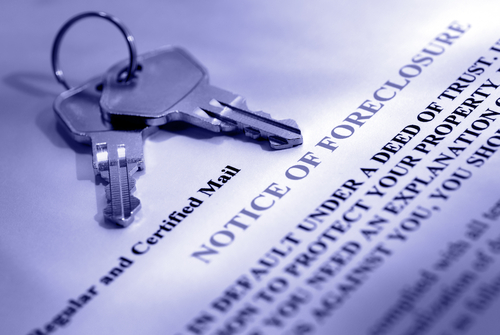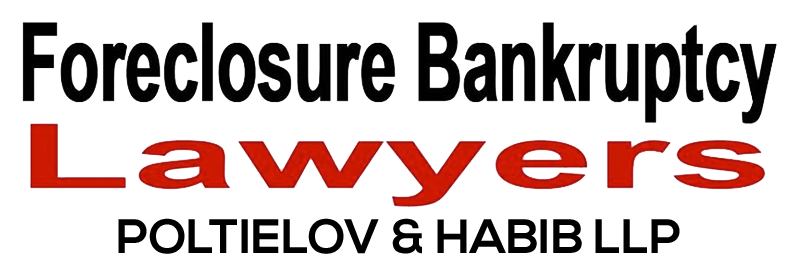
12 Dec What is a Deed in Lieu of Foreclosure?
If a borrower is behind on his or her mortgage payments, he or she may be eligible for several “loss mitigation” options. One of those options is what is called a “deed in lieu of foreclosure” and it will be presented by the bank to the borrower. A deed in lieu of foreclosure is when the borrower offers the deed to the home to the bank, the bank accepts it, and the bank ceases all foreclosure actions going forward, or does not commence a foreclosure action at all. The relevant statute for mortgages insured or held by FHA is 24 CFR 203.357 and it states:
“Conveyance of the property by deed in lieu of foreclosure is approved subject to the following requirements:
- The mortgage is in default at the time the deed is executed and delivered;
- The credit instrument is cancelled and surrendered to the mortgagor;
- The mortgage is satisfied of record as a part of the consideration for such conveyance;
- The deed from the mortgagor contains a covenant which warrants against the acts of the grantor and all claiming by, through, or under him and conveys good marketable title;
- The mortgagee transfers to the Commissioner good marketable title accompanied by satisfactory title evidence.
Therefore, in order for you to convey your deed to the bank once you are in default, there must be no other liens, so that the deed you transfer is“marketable” or clear title. A foreclosure lawyer in Brooklyn can advise you on whether you have other liens and if you have marketable title.
Certain considerations must be taken into account before a deed-in-lieu of foreclosure process takes place. First, all other liens on the property must be clear, which may take some steps both legally and financially. Also,the bank may be able to get a “deficiency judgment” against you, even if you plan on conveying the deed. A deficiency judgment is a law suit for you to pay back any amount you may owe on the property which the deed does not satisfy. If you are wary about conveying your deed, vacating your property and having to pay a deficiency judgment, you have valid concerns. However, a deed in lieu of foreclosure option is always voluntary and also open to negotiation. Our foreclosure lawyer in Brooklyn can negotiate on your behalf to make sure the bank waives its deficiency judgment so that you can proceed with the deed in lieu of foreclosure. The bank will find a deed in lieu of foreclosure beneficial because they do not have to go through the costly process of litigation.
The issues a Deed in Lieu of Foreclosure agreement must address are:
- That the conveyance is an absolute conveyance by theborrower/grantor;
- Borrower/grantor is voluntarily entering into the deed-in-lieu agreement;
- Borrower/grantor waives any rights to control, use and/or develop the property;
- Borrower/grantor’s right of redemption (usually none) and
- Borrower/grantor will not be entitled to injunctive relief and will be limited only to obtaining damages upon a breach of the deed-in-lieu agreement; and that
- There are no options to purchase, rights of first refusal, or any right to obtain proceeds upon the resale of the property.
A deed in lieu of foreclosure should not be confused with a short sale where a borrower conveys title to the property to a third party. With a deed in lieu, you have the ability to negotiate the terms of possible relocation, your payments would cease and you would avoid foreclosure altogether. Additionally, a foreclosure lawyer in Brooklyn can also negotiate that the bank pay the homeowner money for the deed in lieu of foreclosure. The bank will agree to do so to avoid the expense of litigation.
You may be wondering if this is an option for you. If you are considering a deed in lieu of foreclosure, you need a foreclosure lawyer in Brooklyn to negotiate all of these terms and ensure that the contract is executed to your maximum benefit. Give us a call if you are facing foreclosure and we will guide you and advocate for you every step of the way.
Call us today to learn about your options and to defend your foreclosure. 718-520-0085. Fill out our contact us form and we will provide a free consultation!

